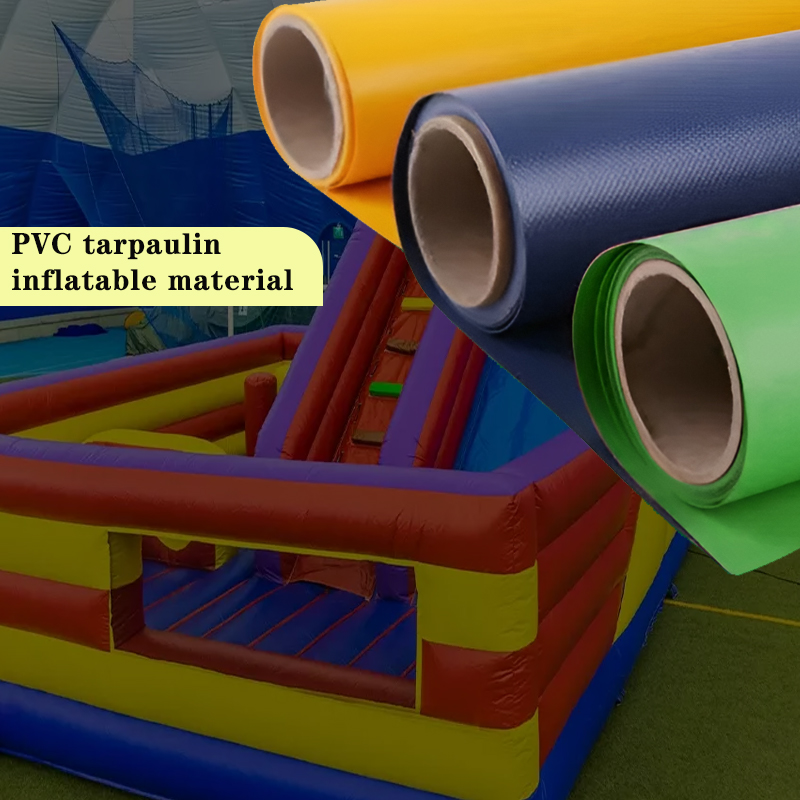
PVC tarpaulin—short for polyvinyl chloride tarpaulin—is a composite material designed for durability and performance. Its structure combines two core components to deliver superior functionality:
The coating process (often dip-coating or knife-coating) ensures the PVC bonds tightly to the fabric, creating a non-porous, unified sheet that balances ruggedness with ease of use. Unlike thin polyethylene tarps, PVC variants maintain their integrity in extreme temperatures, from freezing winters to scorching summers.
PVC tarpaulin’s popularity stems from its unmatched combination of benefits, addressing pain points of older materials like canvas or low-grade plastic:
Its versatility makes PVC tarpaulin a staple in nearly every industry. Below are its most common uses:
Farmers rely on PVC tarps to protect crops (e.g., strawberries, lettuce) from frost, heavy rain, or pests. They also use it to cover hay bales, preventing mold growth and preserving feed quality. Greenhouse operators often use thin PVC tarps as cost-effective liners to regulate temperature and light.
On construction sites, PVC tarpaulins serve as temporary enclosures to shield workers and materials from rain or wind. They also cover equipment (e.g., excavators, cement mixers) and stockpiles of sand, gravel, or lumber. In mining, heavy-duty PVC tarps line conveyor belts or cover mineral stockpiles to reduce dust and contamination.
Trucking and logistics companies use PVC tarps as cargo covers for flatbed trailers, protecting goods (e.g., furniture, building materials) from road debris and weather. Boaters also use PVC tarps as boat covers, shielding vessels from UV rays and saltwater damage during storage.
Homeowners use PVC tarps to cover patio furniture, grills, or firewood piles. Campers rely on lightweight PVC tarps as groundsheets or temporary shelters. Event planners also use colored PVC tarps for outdoor tents, stages, or food stalls, thanks to their weather resistance and customizable designs.
As industries prioritize sustainability, manufacturers are developing eco-friendly PVC tarpaulin variants—using recycled PVC in coatings and reducing chemical additives. New innovations also include fire-resistant PVC tarps for industrial safety and insulated versions for temperature-sensitive cargo (e.g., food transport).
For businesses and consumers alike, PVC tarpaulin remains a cost-effective, long-lasting solution. Its ability to adapt to diverse needs ensures it will continue to be a go-to material for years to come.

Name: Winnie
Mobile:+86 18737347370
Whatsapp:+86 18838976322
Email:info001@yjfxpvcplastic.com
Add:Xinxiang city,Henan province,China